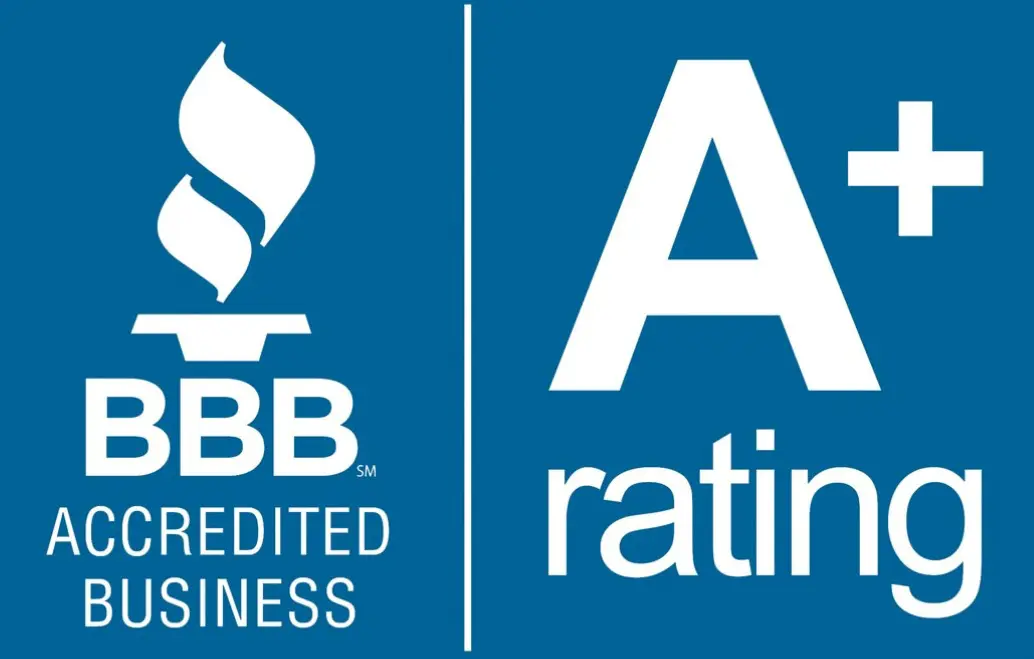Why Mentoring Programs Matter

“We make a living by what we get, but we make a life by what we give.” – Winston Churchill
What do singer-songwriter Bob Dylan, writer Henry David Thoreau, philanthropist Warren Buffett, Oprah Winfrey, and former COO of Meta Platforms Sheryl Sandberg have in common? They all had mentors!
A mentoring program is the most direct way for experienced professionals to “give back” their years of wisdom and knowledge to future, upcoming talent.
Mentoring programs can be informal in nature or structured, with the components of both types being the same: to provide the opportunity for beneficial interactions of shared experiences and life’s lessons learned from the mentor to the mentee.
Earlier this year, I had the opportunity to serve as a mentor through The University of Alabama (Birmingham) Collat School of Business. My mentee is working toward her degree in human resources management. Most of our meeting conversations centered around resume building, strategic human resources management, marketing yourself, maximizing your network, dealing with day-to-day people operations and lifelong learning in HR.
Some of the more meaningful conversations, however, were those that centered around time management and building leadership skills during college. During these conversations, I was asked questions like, “What were your plans when you graduated from college?” and “Are you where you thought you would be?” You won’t find the answers to these questions in a textbook, showing again the immense value of a mentoring relationship.
Keep in mind that a mentoring relationship not only benefits the mentee but the mentor as well. Establishing a mentoring program could make employees stay longer with your company, decreasing your turnover rate. But don’t take my word for it.
In the August 2020 Vistage CEO Confidence Index survey, 86% of CEOs surveyed agreed that mentors were a crucial part of their career trajectory._ Source: August 2020 Vistage CEO Confidence Index survey. _ In another _study by _MentorcliQ 2024 Mentoring Impact Report, 98% of Fortune 500 companies use mentoring programs as a way to engage, develop and retain talent.
There are many different types of mentoring relationships. I encourage you to explore and figure out what works best for you, your company, and your employees. It’ll take some work, but it’s well worth the investment.
If you have any questions related to implementing a new or enhancing an existing mentoring program in the workplace, no matter the size or complexity, don’t hesitate to ask us! We’re here and ready to discuss the solutions that may work best for you. This blog was updated from a previous CB&D blog.

